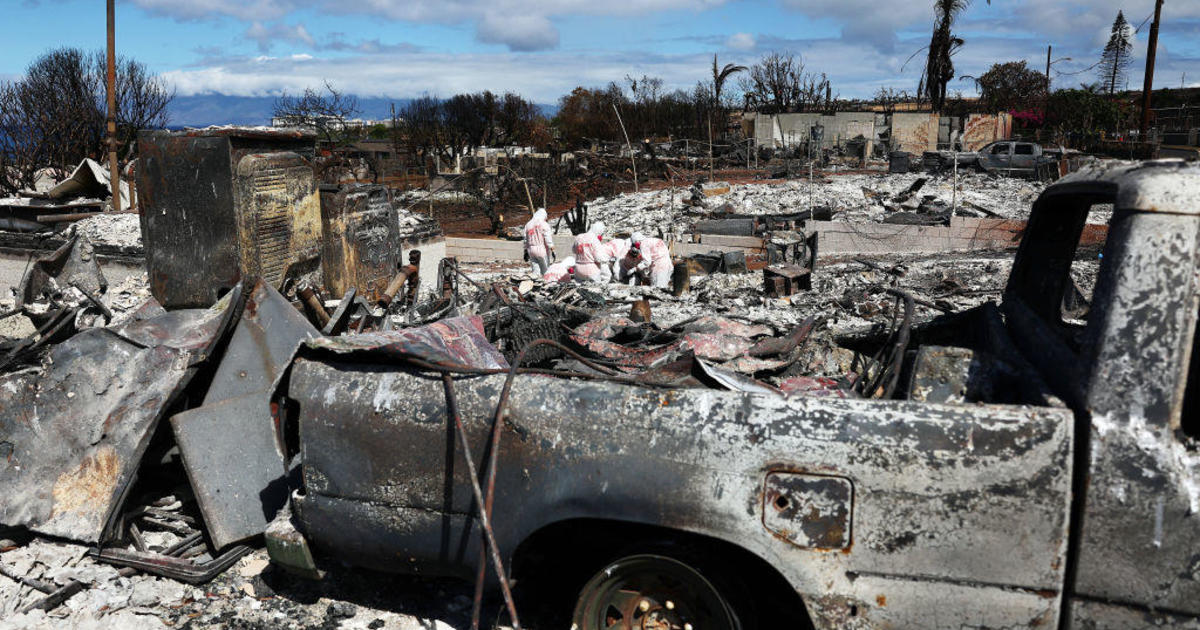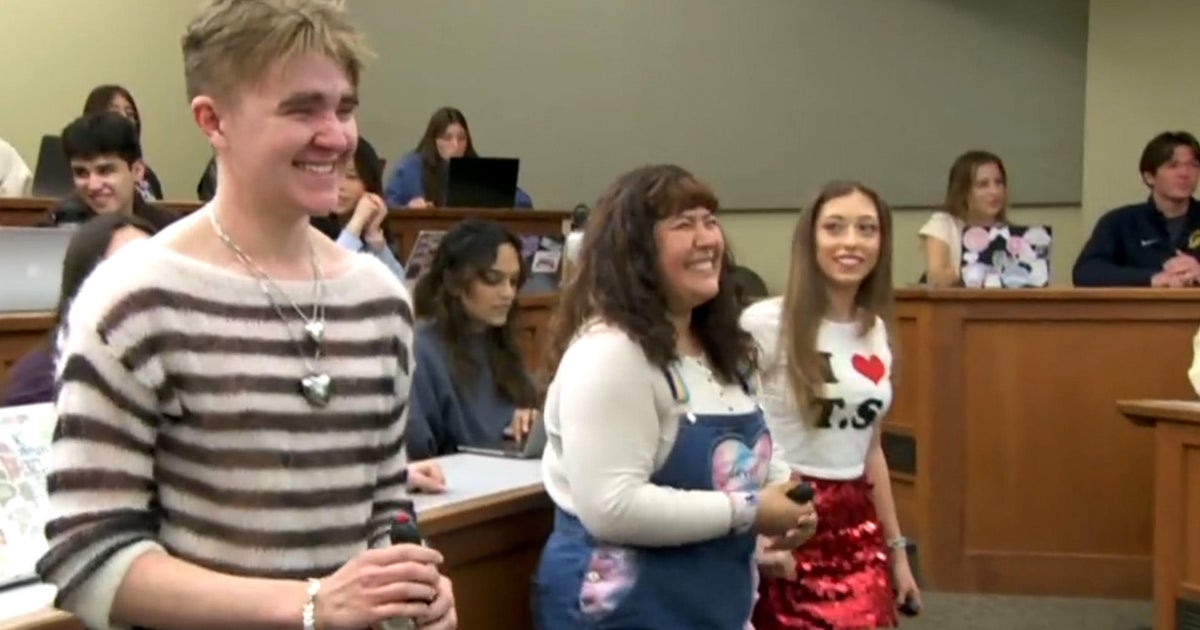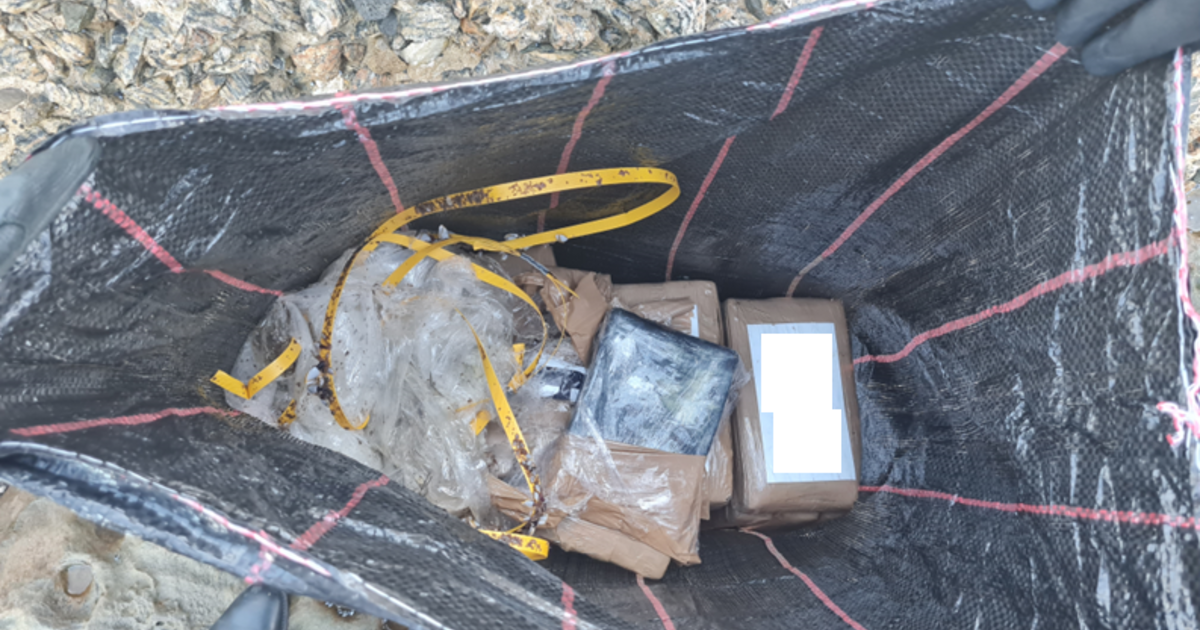Boeing CEO on 737 Max software implementation: "We did not do it correctly"
In an exclusive interview with incoming "CBS Evening News" anchor Norah O'Donnell, Boeing CEO Dennis Muilenburg acknowledged that the company incorrectly implemented the software on its 737 Max 8 jets that has been blamed for two deadly plane crashes in the past year.
Last October, a Lion Air flight plunged into the Java Sea just minutes after take-off, killing all 189 people on board. In March, an Ethiopian Airlines flight also crashed shortly after take-off killing all 157 passengers.
Norah O'Donnell: Both of those planes took a nose dive because of that erroneous flight sensor information, and if one of the sensors is off, it's my understanding that there could be a warning light. But that light was supposed to be active on all 737 Max jets, and it was not, and you knew this in 2017 and you did not tell the FAA for 13 months. Why?
Dennis Muilenburg: The implementation of that software, we did not do it correctly. Our engineers discovered that.
Norah O'Donnell: So you're fixing that now?
Dennis Muilenburg: We are fixing it now and our communication on that was not what it should have been.
Norah O'Donnell: Does Boeing have a credibility and transparency problem if they don't admit what were the mistakes in the past?
Dennis Muilenburg: We clearly fell short and the implementation of the angle of attack disagree alert was a mistake.
The common link between both crashes was the performance of a new flight control system called MCAS, which activated after it was fed erroneous information.
Norah O'Donnell: In the weeks after the first crash, there were pilots who met with one of your vice presidents, Mike Sinnett. There were a lot of pilots who said we didn't know about this MCAS system. They were upset. They blamed Boeing.
Dennis Muilenburg: And we respect, we respect that input. I'll never shy away from pilot commentary. In fact, I prefer that hard, candid feedback. I think it's good. It's good for us. It makes us a better company, and in the end, it makes for safety in flight.
Norah O'Donnell: You'd put your family on a 737 Max?
Dennis Muilenburg: Without any hesitation. Absolutely. I've been up on two of the flight tests myself with the new software, and I would in a heartbeat put my family on the Max.
During the interview, O'Donnell pressed Muilenberg on Boeing's reaction to the crashes and asked the CEO point blank and what he believed was the reason the planes took their fatal nosedives.
Norah O'Donnell: When you heard that a second plane had crashed, the same type of plane, what went through your mind?
Dennis Muilenburg: This gets to the core of who we are as a company. You know, I've been at Boeing for 34 years. I spent a career working on safe products. We pause, we assess the situation, we immediately began to take actions on what we could do to improve and in the end this reinforces our values as a company.
Norah O'Donnell: What do you say to someone in the flying public who says, I am not comfortable getting on a Boeing 737 Max?
Dennis Muilenburg: We know it will take some time to earn and re-earn that public confidence and the first step will be to get the Max up and flying safely.
Norah O'Donnell: Flight 610 that crashed into the Java Sea about 12 minutes after takeoff killed 189 people on board. What's your understanding of what brought that plane down?
Dennis Muilenburg: We know there was an inaccurate sensor data that came into the aircraft and that there appeared to have been a maintenance issue with that sensor. We know that MCAS software was activated multiple times during that flight.
Norah O'Donnell: It was more than multiple times. It was two dozen times. The pilots were essentially in a tug of war with the plane and that plane essentially did a death dive into the ocean at 450 miles per hour. Can you imagine how terrifying that was for the people on board?
Dennis Muilenburg: We examine every dimension of these accidents not to try to attribute fault or point fingers, but it's to understand, end to end, what happened so that in some cases we can make changes to the airplane design to make it safer.



